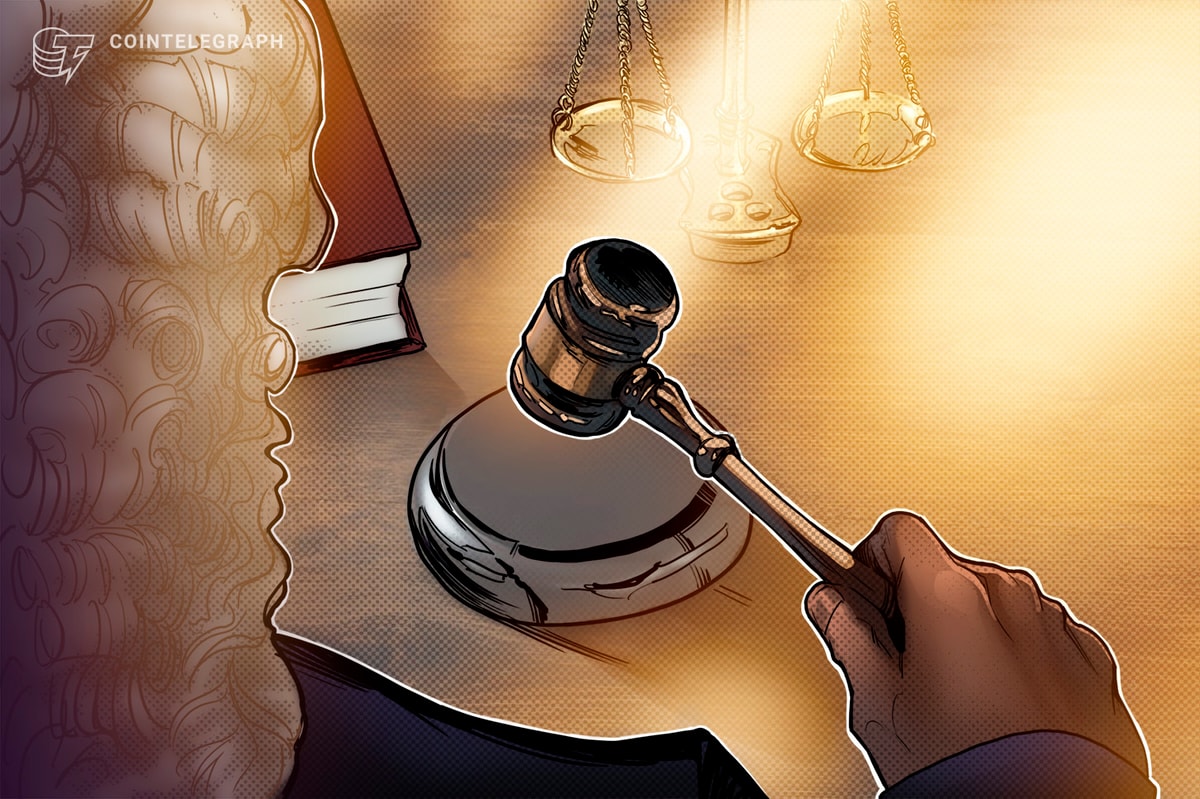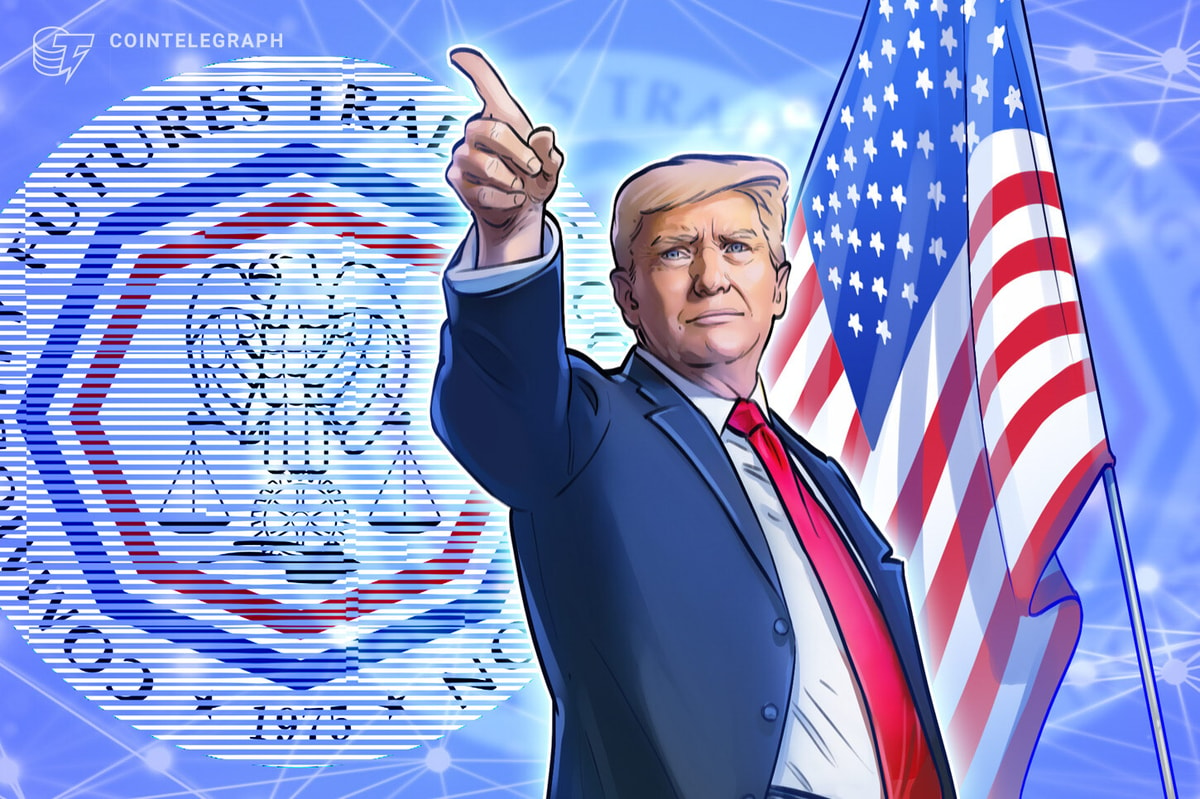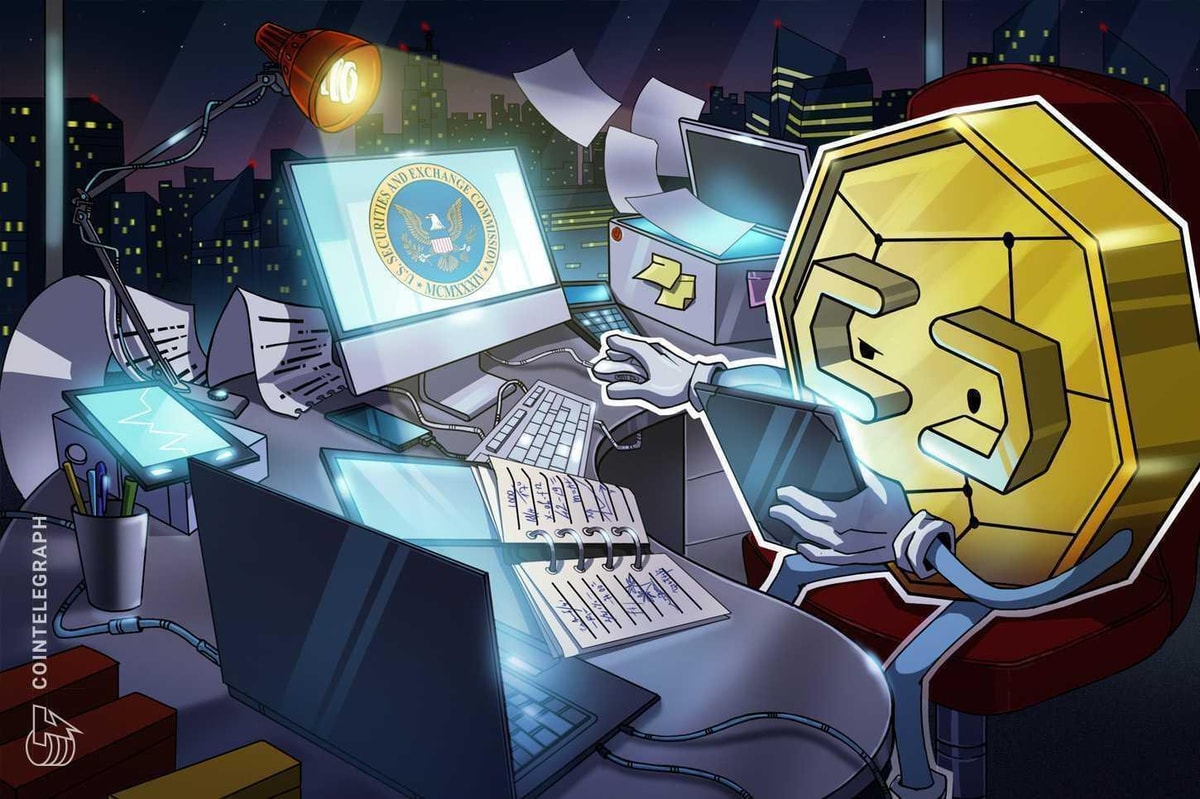
Sam Bankman-Fried, the former CEO of the failed FTX crypto exchange, will be held in jail through the end of his two upcoming trials.
Newsletter
The FTX affair continues to unravel. Sam Bankman-Fried, the former CEO of the failed crypto exchange, will be held in jail through the end of his two upcoming trials. Judge Lewis Kaplan ordered the revocation of the entrepreneur’s $250 million bail following The New York Times report about his alleged attempt to intimidate witnesses. Bankman-Fried faces 12 criminal charges spread across two trials scheduled to begin in October 2023 and March 2024.
Meanwhile, the wave of lawsuits has reached former partners of FTX. Eighteen leading venture capital (VC) investment firms, including Temasek, Sequoia Capital, Sino Global and Softbank, have been named defendants in a class-action lawsuit filed in the United States District Court for the Northern District of California for their links to the exchange. The suit claims that the defendants used their “power, influence and deep pockets to launch FTX’s house of cards to its multibillion-dollar scale.”
FTX’s former primary counsel, Fenwick & West, has also been hit with a class-action suit claiming it aided the crypto exchange’s alleged multibillion-dollar fraud. Former customers accuse the law firm of setting up several “shadowy entities” for Bankman-Fried and other executives to adopt “creative but illegal strategies” to perpetuate fraud. The “shadowy entities” were named North Dimension and North Wireless Dimension, which the suit alleged siphoned misappropriated FTX customer funds.
Federal Reserve sets new rules for banks’ involvement with crypto
The U.S. Federal Reserve is broadening the scope of its supervision program, which oversees U.S. banks that engage with the cryptocurrency and blockchain industry. The Fed established the Novel Activities Supervision Program, which aims to limit certain crypto-related activities and facilitate a more fair playing field for banks servicing the digital asset industry. Registered banks involved in the “risk-based” program may be examined by the Fed Board, which will evaluate whether the novel activities comply with its policies and U.S. law.
Jury trial for the SEC vs. Ripple suit to start in Q2 2024
The judge overseeing the U.S. Securities and Exchange Commission (SEC) civil case against Ripple Labs plans to schedule a jury trial starting in the second quarter of 2024. The judge gave a deadline of Aug. 23 for prosecutors and defense lawyers to submit blackout dates for the trial but aimed for a start date between April 1 and June 30, 2024.
Previously, Judge Analisa Torres ruled that the XRP (XRP) asset was not a security in regard to programmatic sales on digital asset exchanges. The court decision was not a final determination in the SEC vs. Ripple case, and the blockchain firm, Garlinghouse and Larsen may still be found liable for other violations.
Brazilian Congress votes for higher taxes on crypto
In Brazil, a congressional committee has approved amendments to a bill that recognizes cryptocurrencies as “financial assets” for tax purposes in foreign investments. The draft bill taxes gains from fluctuations in crypto asset prices against Brazil’s fiat currency, as well as foreign exchange rate fluctuations. According to Deputy Merlong Solano, the revision seeks to promote equal tax treatment since crypto investments abroad currently receive lower tax breaks.
Overseas earnings up to 6,000 Brazilian reais (~$1,200) will be exempt from taxation under the new rules. Earnings between 6,000 and 50,000 reais (~$10,000) are subject to a 15% tax rate. Above this threshold, taxes will be applied at 22.5%.







